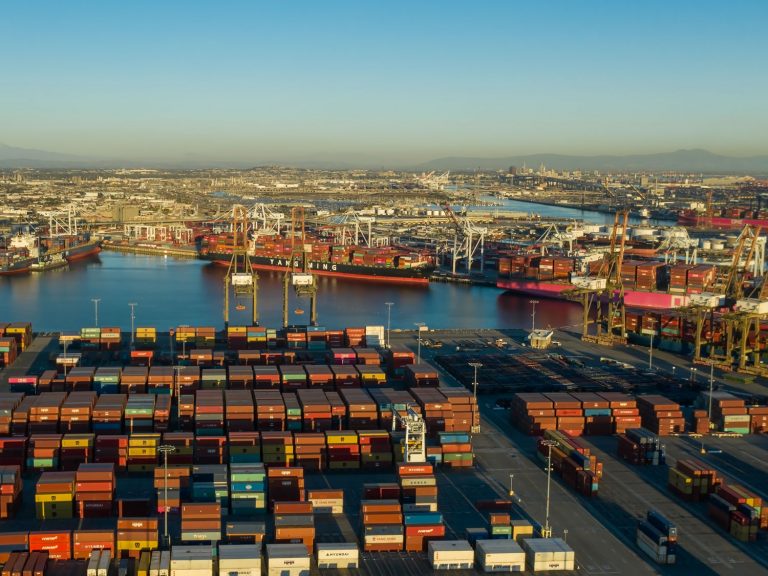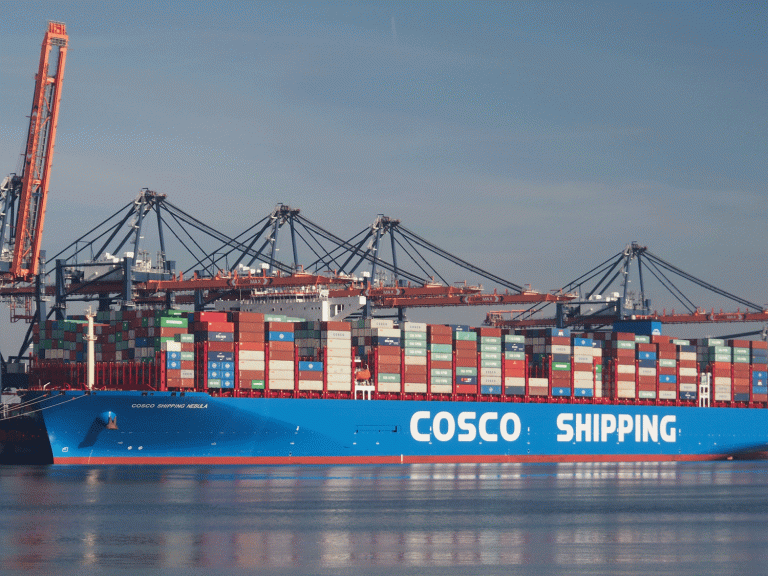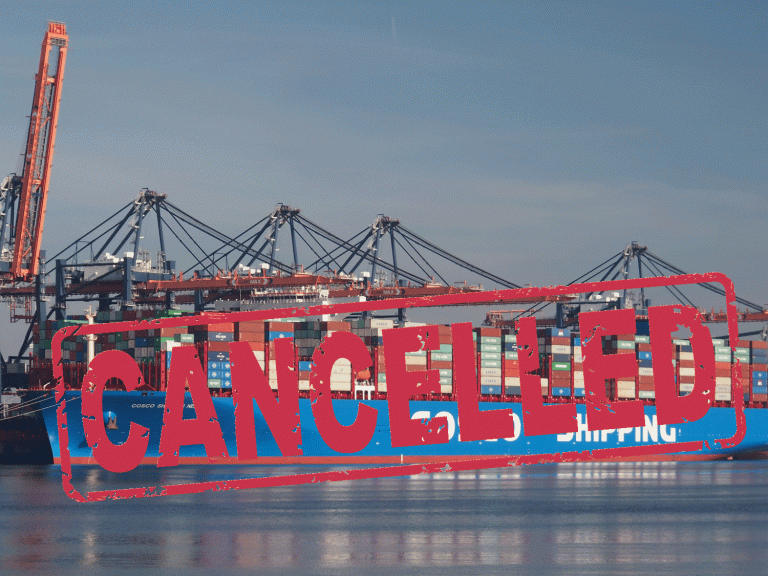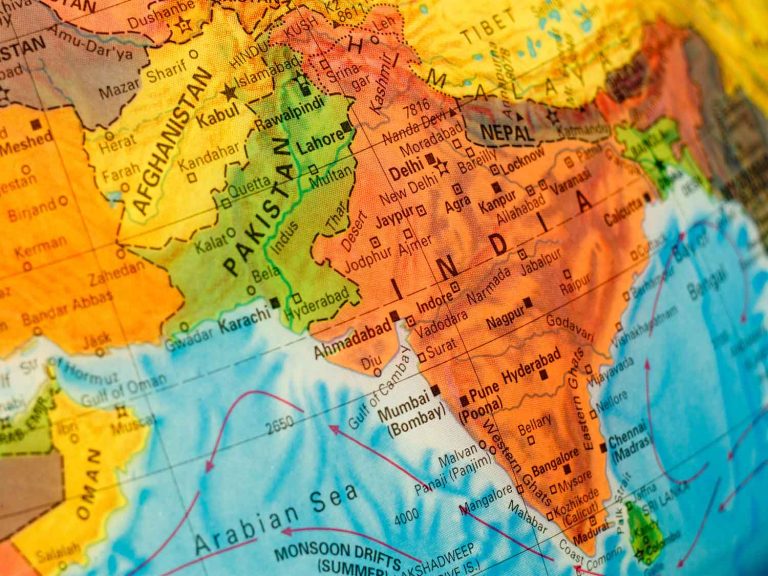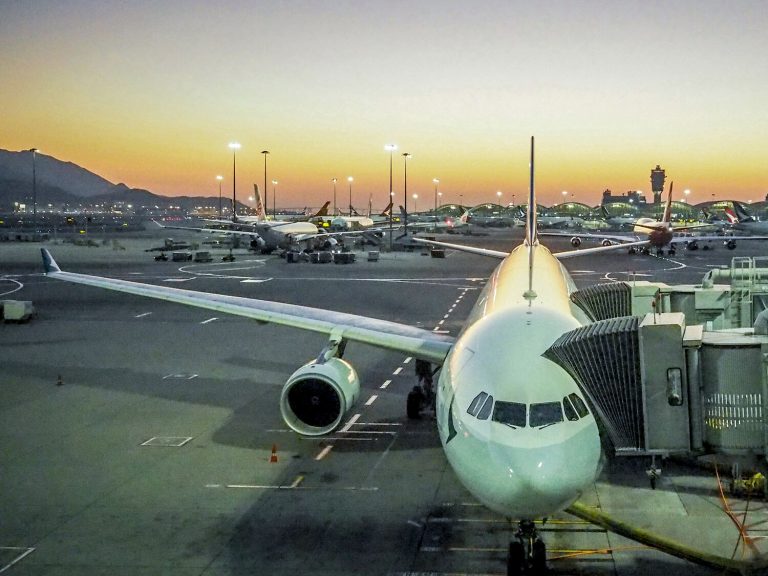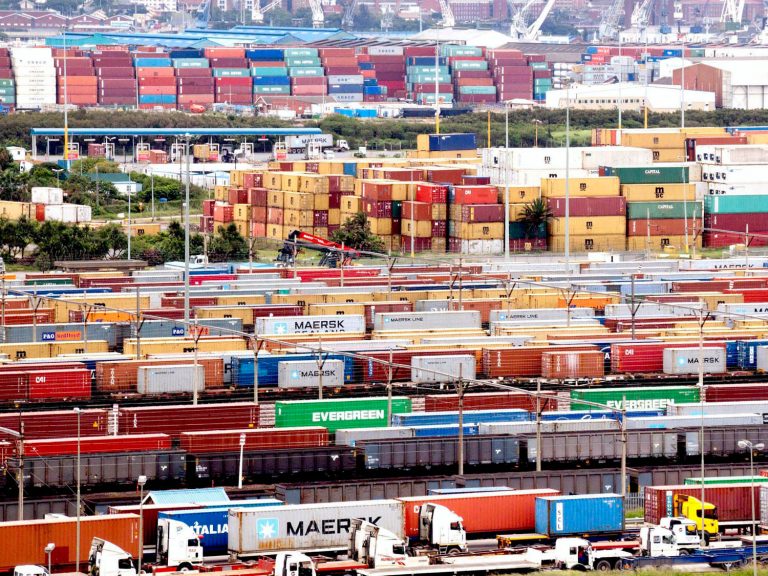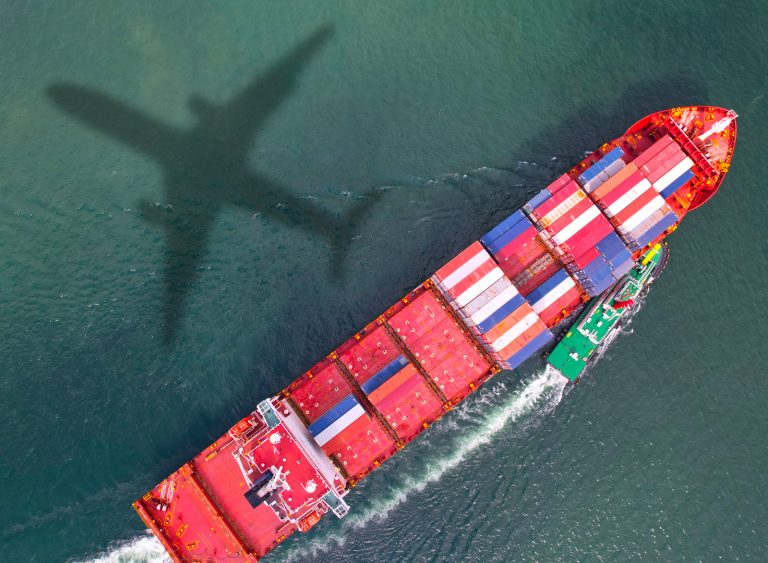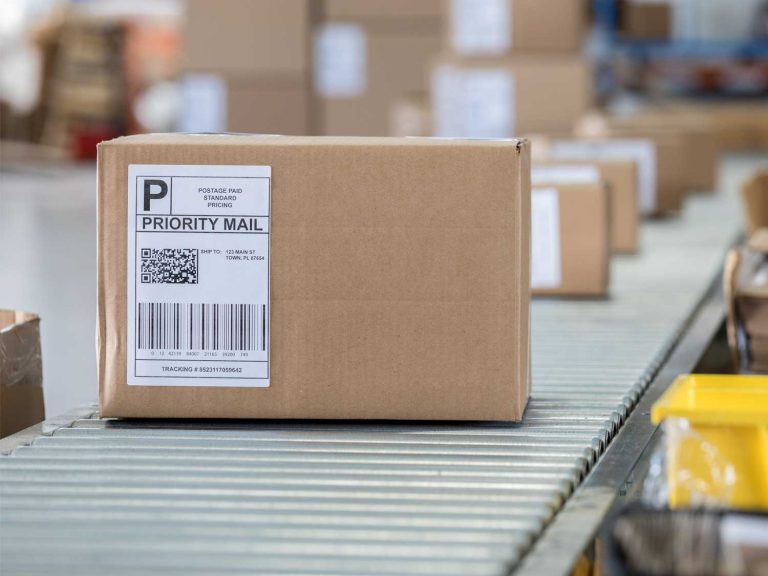Tariff Pause Triggers Early Transpacific Peak Season
The 90-day suspension of US-China tariffs has delivered a sharp jolt to transpacific ocean freight, triggering an unseasonal spike in demand and pushing spot rates up significantly.
This unexpected policy reprieve has not only created a narrow window of predictability for US importers, but als...
Read more US Port Fees on Chinese-Built Vessels
The United States Trade Representative (USTR) has finalised a revised plan to impose port fees on Chinese-built containerships calling at US ports.
This follows the reintroduction of the SHIPS for America Act, part of President Donald Trump’s broader push to revive the US shipbuilding indust...
Read more US-China Tariff Pause Offers Fashion Breathing Space
Fashion brands and retailers around the world have welcomed a temporary easing of tensions between the US and China, but remain wary of the wider uncertainty still gripping global supply chains.
A 90-day agreement announced on Monday May 12 will, from May 14, reduce US tariffs on Chinese goods...
Read more Trump’s Red Sea Gambit
A dramatic shift in the Red Sea shipping crisis may be underway following US President Donald Trump’s announcement that Houthi militants have agreed to halt their campaign against commercial vessels.
His declaration has sparked hopes of restored freedom of navigation through one of the world...
Read more Blanked Sailings Amid Geopolitical Shifts
Global sea freight is navigating a complex landscape marked by geopolitical tensions, fluctuating demand, and strategic capacity adjustments and while a temporary US-China tariff truce offers a glimmer of hope, challenges persist across major trade lanes.
In response to weakening demand, parti...
Read more India and Pakistan Impose Cargo Bans
The fragile balance of South Asia’s supply chain network has been thrown into disarray after India and Pakistan imposed tit-for-tat bans on each other’s cargo.
The diplomatic standoff, triggered by recent violence in Kashmir and subsequent military exchanges, has sent shockwaves through oc...
Read more Transpacific Air and Sea Downturns amid Capacity Volatility
As demand falters on both sides of the transpacific, container and air freight flows are facing extreme volatility, with sharp drops in bookings and vessel space coinciding with sweeping tariff changes and regulatory disruptions.
The number of blanked sailings has surged, with the share of Asi...
Read more New US Port Fees Target Chinese and Non-Chinese Carriers
New US port fees aimed at Chinese-owned and Chinese-built ships are set to begin in October 2025, challenging China's dominance in shipbuilding and shipping, while attempting to bolster the US maritime industry.
Under the new structure, Chinese ship owners and operators face charges starting a...
Read more Northern Europe’s Ports Struggle with Congestion Amid Network Shifts
Ports across Northern Europe are grappling with rising congestion, causing widespread delays and operational disruption. A confluence of industrial action, infrastructure strain, inland transport bottlenecks and the rollout of new shipping alliances is overwhelming terminals, with no immediate re...
Read more Tariff Tensions Drive Short-Term Freight Surges and Long-Term Uncertainty
Global freight markets remain under pressure as shifting US tariff policies continue to disrupt established trade patterns, prompting divergent responses across air and sea freight markets. While immediate demand surges have driven up short-term pricing, underlying market dynamics suggest a volat...
Read more New Tariffs and the End of De Minimis
On 2 April 2025, President Donald J. Trump announced sweeping new tariffs, targeting approximately 60 countries, with China singled out for the most severe action. In response to retaliatory tariffs from Beijing, the United States escalated its own duties, ultimately imposing a 125% tariff on all...
Read more Strategic Growth in India is Building a Platform for the Future
Over the past five years, Metro has significantly expanded its footprint in the Indian Subcontinent, creating a powerful dual-platform presence that continues to evolve as part of our wider global growth strategy.
Today, India stands as one of our most dynamic regions and is set to house more ...
Read more 
